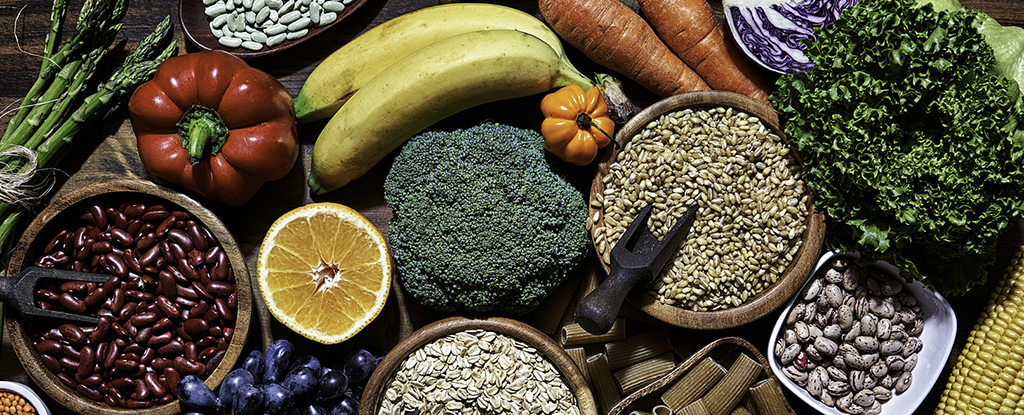A chemical found naturally in broccoli could one day prevent and treat the blood clots that can lead to strokes – currently the second leading cause of death worldwide.
Researchers, led by a team from the University of Sydney in Australia, conducted a series of lab tests on 23 compounds commonly found in plants to determine their fondness for bonding with our blood’s platelets.
Platelets play a critical role in plugging up wounds to stop bleeding, but under specific circumstances can also form dangerous clots that block the flow of blood altogether. In life-critical tissues such as the brain and heart, every moment of lost oxygen risks irreparable damage.
A chemical commonly found in cruciferous vegetables such as broccoli, cauliflower, and broccoli sprouts stood out for its potential as an anticlotting agent. Called sulforaphane (SFN), the compound has already received attention in the past for its potential in preventing cancer and lowering cholesterol.
A close analysis of SFN’s impact at the molecular level revealed it was able to slow platelet clumping and impede the formation of clots under similar conditions found in our arteries, apparently through its modification of the activity of a protein called PDIA6.
“Not only is the broccoli compound effective in improving the performance of clot-busting medication after a stroke, it could be used as a preventative agent for patients who are at a high risk of stroke,” says biomedical scientist Xuyu Liu from the University of Sydney.
The study’s findings make SFN well worth investigating as a way of reducing stroke risk in some of the groups most vulnerable to it – especially as it’s found naturally in foods like broccoli, already known to be good for heart health and protection against disease.
SFN could also be used in emergencies: treatments given to patients who’ve had a stroke, in order to try and minimize the effects on the brain. These treatments can make a substantial difference in terms of the damage blood clots do, and ultimately save lives.
Current clot-busting medication, called tissue plasminogen activator (tPA), only works in protecting against brain damage around 20 percent of the time. In experiments on mice, when SFN is combined with a tPA, the researchers found, that success rate could go up to 60 percent.
“Excitingly, this naturally occurring compound does not cause any signs of bleeding, which is a common side effect associated with blood-thinning agents tested in stroke treatment,” says Liu.
It’s still early stages for this research, and as yet there have been no tests done in people. We’re not sure yet if a broccoli-boosted diet would be enough to reduce stroke risk on its own, but this is something that future studies can look at.
What we do know is the size of the health problem we’re tackling: around 15 million people per year suffer strokes, with around a third of those cases resulting in fatalities, and around a third resulting in permanent disabilities of some kind.
“We are very excited at having isolated a natural compound that may have huge beneficial effects,” says Liu. “Our studies will keep exploring how highly purified compounds from vegetables may have beneficial effects in disease processes.”
The research has been published in ACS Central Science.





